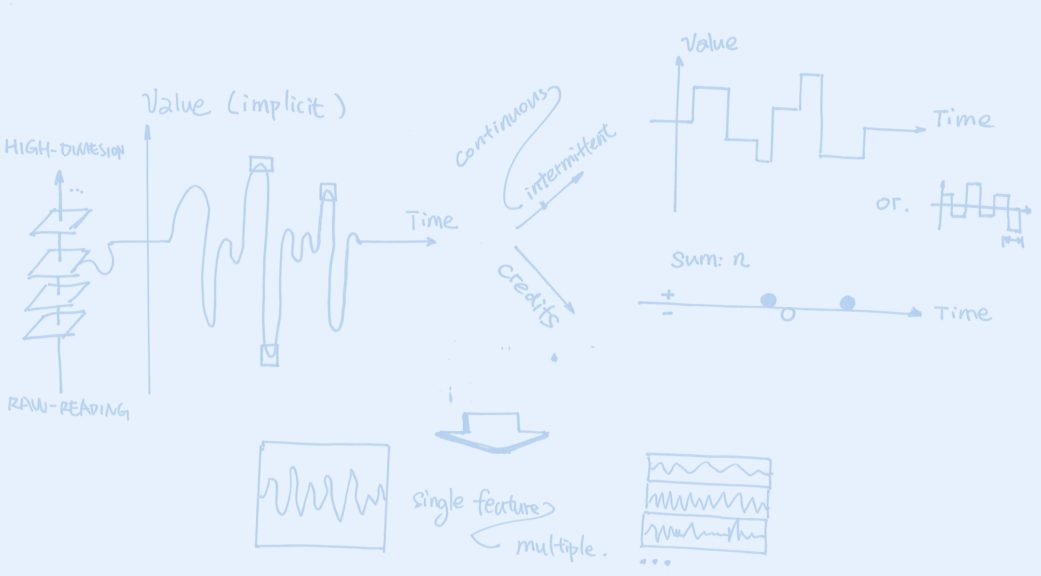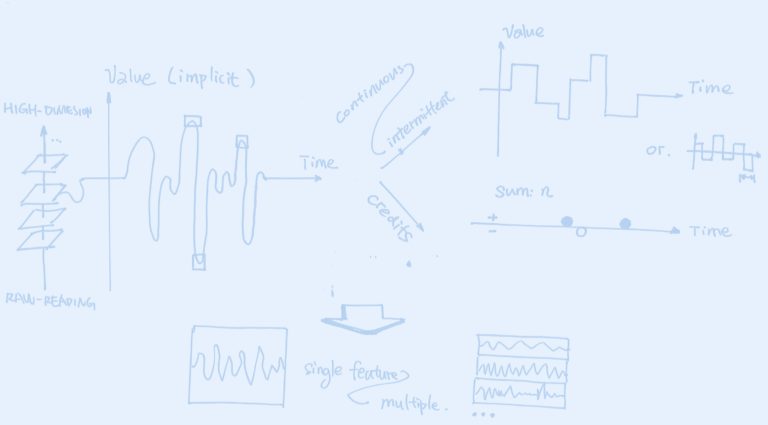A new project begins: Advancing Neurofeedback in Tinnitus
The EPFL+ECAL Lab joins forces with other research groups of clinical neuroscience and cognitive psychology to address tinnitus. With an unprecedented research approach to the topic, this multidisciplinary team will explore the potential of neurofeedback therapy to treat this symptom impacting the wellbeing of millions of people.
This month, we launched a new project, Advancing Neurofeedback in Tinnitus. In collaboration with research groups from the domains of clinical neuroscience (University of Zurich, UZH, University Hospital Zurich, USZ) and cognitive psychology with user experience evaluation (Bern University of Applied Sciences and University of Fribourg, BFH-UFR), the consortium will be the first of its kind to address neurofeedback therapy for tinnitus from a multidisciplinary perspective.
Tinnitus, the perception of noise or ringing in the ears, affects about 15 to 20% of the western population. About 20% of these cases lead to severe impairment of quality of life although no effective treatment options have been discovered yet.
Neurofeedback (NFB) is currently gaining interest as a potential treatment option, however, no systematic research has yet been performed on the impact of NFB stimuli and settings. Therefore, the overall goal of the project, which will last 4 years, is to fill this research gap through a unique collaboration of expertise.
The role of the EPFL+ECAL Lab will be to explore the design feedback modalities and the therapy experience in detail. We will also measure the experiential, behavioural and neuronal consequences of feedback design in order to understand its emotional and cognitive effect on tinnitus sufferers.
Results of this research will be shared in the coming years.
EPFL+ECAL Lab Team
Danpeng Cai, MAS Research Assistant
Delphine Ribes, Project Manager and Engineering Lead
Lara Défayes, Design Lead
Emily Groves, Academic Lead
Nicolas Henchoz, Director and Co-PI
Applicants
Pr Dr Tobias Kleinjung, clinical neuroscience group, University and University Hospital Zurich, USZ
Pr Dr Andreas Sonderegger, Bern University of Applied Sciences and University of Fribourg
Partners
Pr Dr Dimitri Van De Ville, EPFL and University of Geneva
Pr Dr Nathan Weisz, University of Salzburg, Austria
The ANT project is funded by the Swiss National Science Foundation



